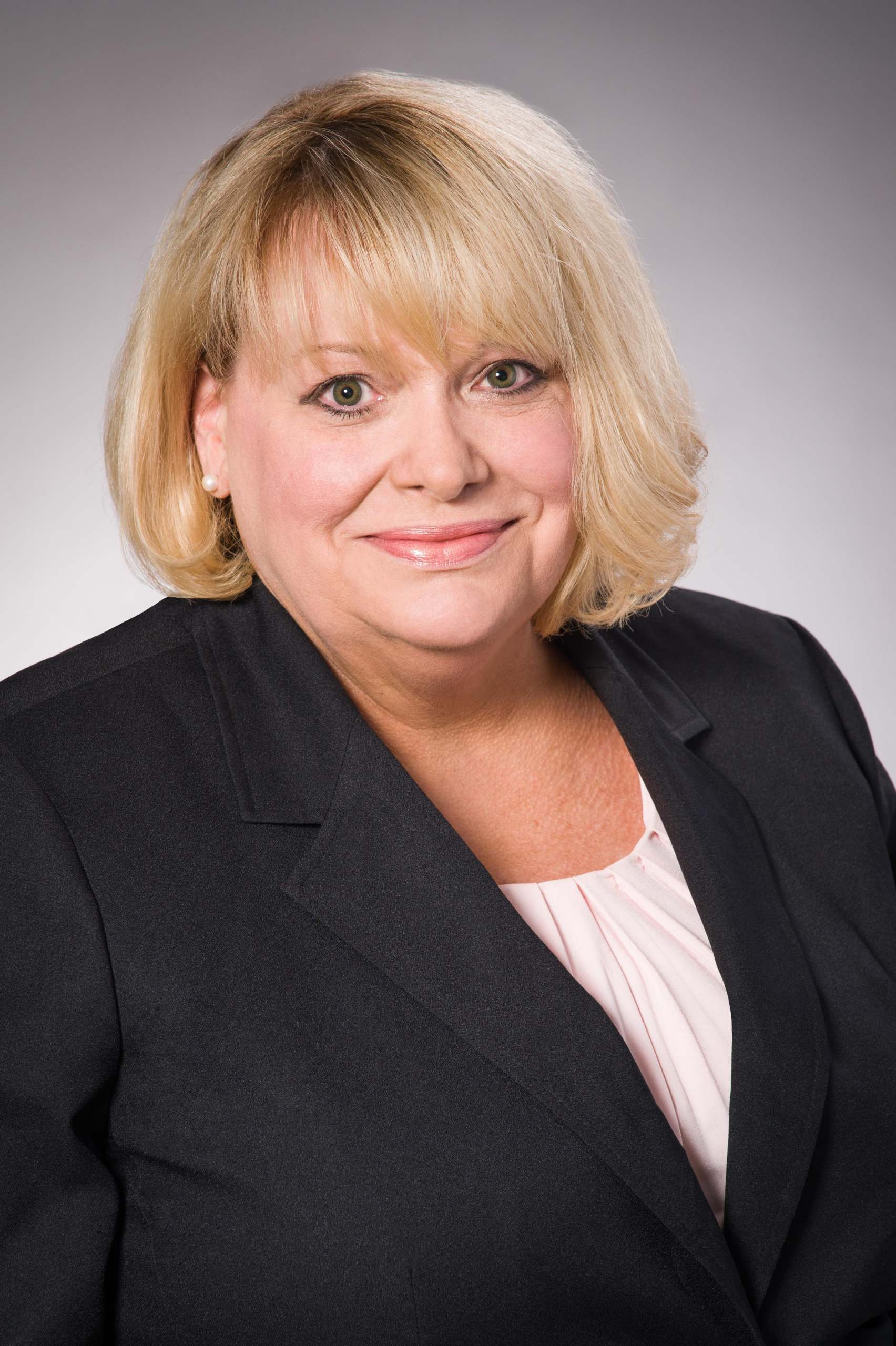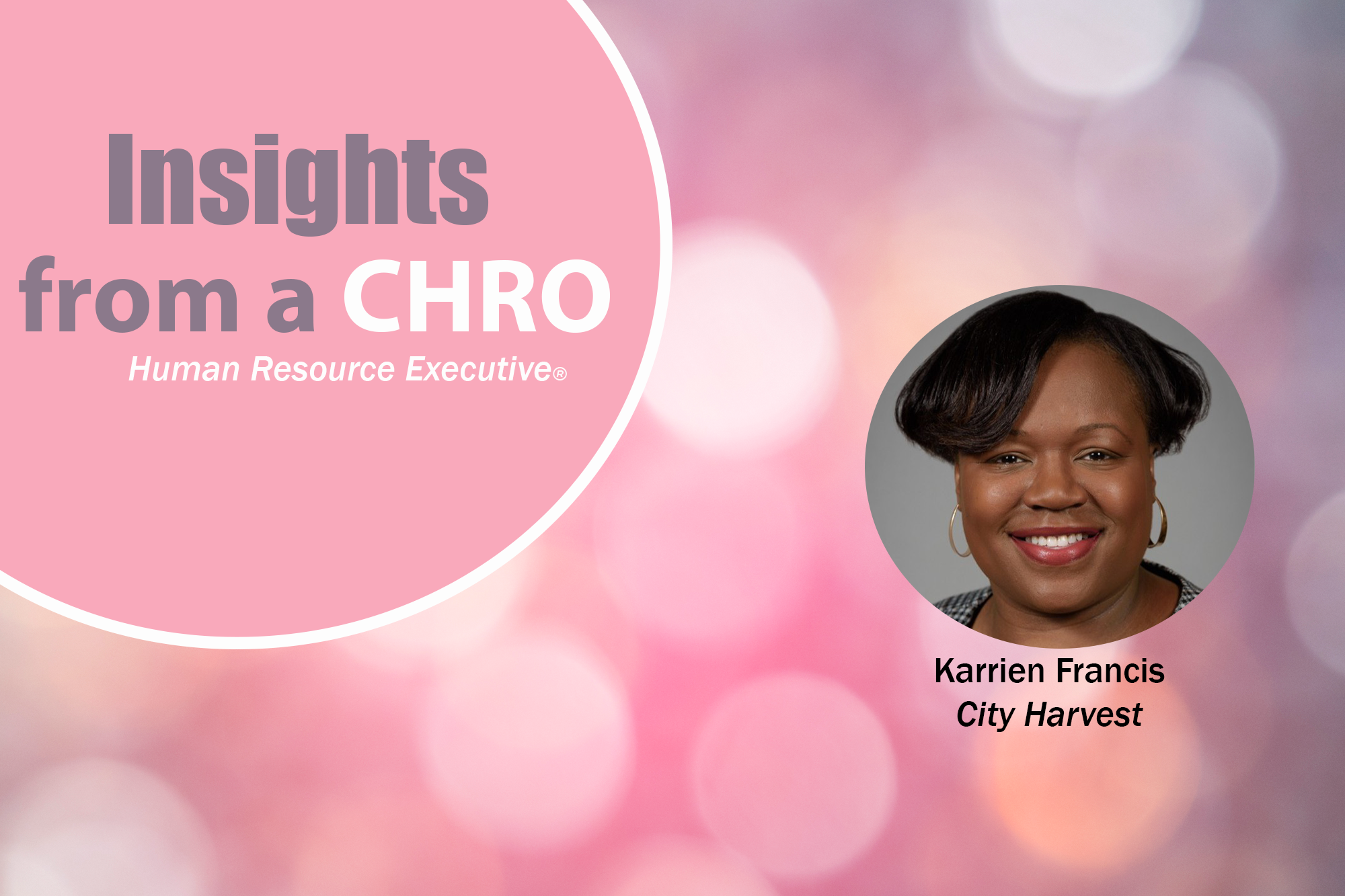When CHRO Michele Hamill joined JAGGAER in October 2019, following a change in equity ownership, she was excited by the challenges ahead. Relying on a 25-year background in HR, business transformation and executive coaching, she moved to Raleigh, N.C., to help CEO Jim Bureau hire a brand-new leadership team and help elevate the culture at JAGGAER, a provider of spend-management technology.
The team was barely in place by early this year when, she says, “Kaboom–COVID!” and the world turned upside-down. Because the company had operations in Milan, Italy, the team had solid predictive indicators of what was going to hit the U.S. in practically no time.
“I’m really proud of the position we took with COVID,” says Hamill, noting that the company switched to remote work in Raleigh about three weeks before other companies did the same. “We did not see a compelling reason to put people at risk.”
Hamill’s wide-ranging career includes a lot of experience helping organizations adapt to change–which has been essential to her work this year. Prior to joining JAGGAER, Hamill was CHRO for Distinguished Programs, a specialized insurance programs provider. She previously led the North American talent function for Willis Towers Watson and held several top leadership roles at Thomson Reuters. She also coached several high-potential executives at Under Armour. Earlier in her career, she held executive roles with TAC Worldwide and Computer Sciences Corp.
Hamill recently shared with HRE lessons learned from her career, and from the experience of leading HR in 2020.
Read more Insights from a CHRO here.

HRE: When did you know HR was going to be your career?
Hamill: I always knew, in college and even earlier than that. It’s the perfect blend of where I get my energy from: the intersection of people, innovation, technology and business. I started in recruiting at a staffing agency and it was really at the beginning of when a CHRO role was evolving. I feel fortunate to this day that my timing was great because I was able to evolve with that [trend], to take that recruiting expertise and tie it to talent management, which at that time was really brand new. It was about connecting the value of how we manage talent in the organization to business outcomes.
HRE: What’s your advice for future HR leaders?
Hamill: If I were to give advice to somebody who ultimately wants to lead an HR group, it would be to expose yourself and take some risks. I did several lateral moves and a lot of my peers and colleagues thought I was crazy. I really love career growth–not in a linear way but in a growth way. I got the chance to work in South America and London and India. It really rounded out my skill set and it was a significant key differentiator for me.
I think it can be really easy to be successful in one environment, but can you really replicate that, in particular, in a different culture? So, some of the skills I rely on today–empathy, listening, learning, [having an] open mind–I learned from working internationally.
HRE: What other things have you learned in your career?
Hamill: What taught me the most was leading change and transformation at Thomson Reuters, where we were moving from a holding company to an operating company. I partnered primarily with the CFOs across the business. It is really hard if an HR person doesn’t deeply understand the business and the relationships. That’s where I fell in love with the HR business partner [HRBP] role. You have to speak their language and build credibility. [The CFOs] were not only relying on your HR expertise but also on your business expertise.
HRE: What were your goals when you started at JAGGAER?
Hamill: We were coming up to a change of control and ownership for the private equity investors, which alone is a pretty significant change. But, at the same time, we were also going to be rebuilding an entire executive team. So that situates HR in a really special place: helping my new peers integrate and activate this new organization by having a really strong voice as we built this company. [We had to decide] what did we want it to be, what would our values and behaviors be, and how do we get there? That was my main priority: to do further cultural integration. We [also] needed more bridges built with some of our global colleagues and to do the organizational design work, build some stability, institute a value system and change the way we communicated with the organization.
HRE: How did that change once the pandemic started?
Hamill: We decided to close the U.S. offices to in-person work on a Friday and implemented it on Monday. It was a pretty amazing feat but, also, we didn’t miss a beat.
We found that productivity increased, in large part, because people who had never worked remotely before didn’t have patterns and habits to know how to turn work off when sitting in your living room.
We identified that parents with young children at home were under considerable strain, so we have a roundtable group that meets to share ideas and resources. We created another one for the parents of special needs children–they’re not getting the resources that they would typically have. They don’t get a break. We’ve also changed the entire way we think about our work hours and how we support each other. We have yoga classes in the morning. We have created virtual networking events and changed our whole onboarding program so we can “embrace” new joiners into the organization and share our culture with them.
I think it’s going to change the way we work forever.
HRE: Which pandemic trends do you think will stick around?
Hamill: Since [the pandemic started], the folks we’ve hired have not been and will not be locally based. Immediately, the mindset was challenged that people have to be managed by being observed or that people can’t collaborate unless they’re sitting next to each other. There were a lot of people with very firm views [about this] who have changed their point of view.
I think there’s going to be major trend in companies’ real estate footprints. At JAGGAER, we have several locations that are now either full-time remote or in a co-shared office space. In Raleigh, we are reconfiguring our whole office [for example, by] creating bigger conference rooms for people to socially distance. Smart working is what we call it.
In our last survey [of 1,100 employees], we got 1,000 responses and only between 4%-11% wanted to come back full time forever in person.
There’s also less of a geographic constraint, which has opened up our candidate pool. I’m also seeing a lot of people moving from higher-cost locations to lower-cost locations. It’s going to change demographics globally if people have that ability to work differently.
See also: An HRE series–Looking ahead to 2021
HRE: What advice you would have given to your younger self?
Hamill: Sometimes, I’ll say to my team when they are beating themselves up about a mistake they’ve made, “You know, the only way you can avoid making a mistake is by doing nothing.”
HRE: Can you share a bit about your personal life?
Hamill: I have three grown children–a 23-year-old son, a 24-year-old son and a 25-year-old daughter. I had them early in my career and took five years off … and they were all born in three different states, so it was just a lesson in change.
When I moved to North Carolina, I literally knew nobody there and I’ve never actually lived alone in my life. Once I can, I really want to discover this area and engage with the community and meet people. It’s a very vibrant area and it’s an unfortunate time with COVID.
I have a little Yorkie named Daisy. I’m surprised she hasn’t joined the interview because she thinks she should be running JAGGAER.



